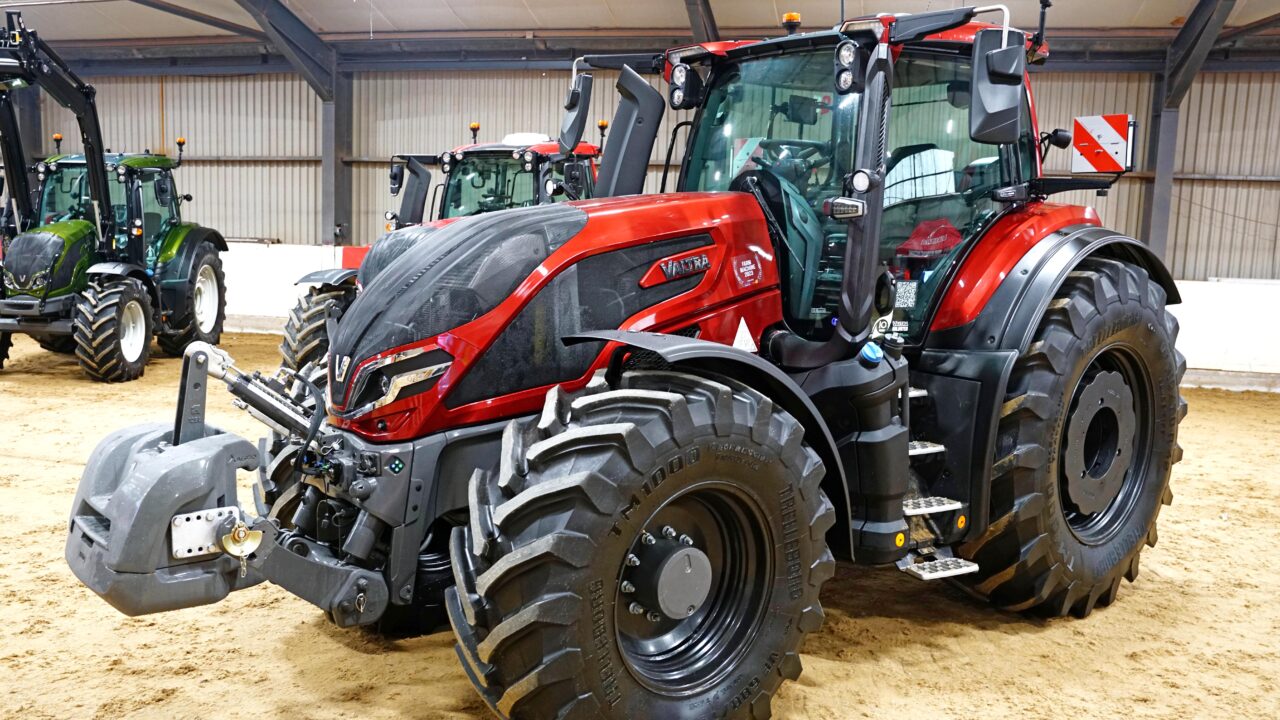Last year’s downturn in tractor sales was not restricted to Ireland; the US suffered as did the rest of Europe, with all three areas showing a marked reduction in sales compared with 2021.
Italy is another case in point with it being reported that sales were down in 2022 by 17% compared to the year before.
Ireland, the US and Italy are three distinctly different markets, yet all suffered to some degree. The US led the slide with a 19.3% reduction in sales, Italy was close second and Ireland, according to the Central Statistics Office (CSO), merely slumped by 5%.
Within the trade organisations there was much blaming of the disruptions of the last two years on microchip shortage, but that may be something of a red herring for it is the budget end of the market that appears to have suffered most.
Smaller tractors, especially in the US where many farms are part-time holdings with tight budgets, will tend to have less chips, yet it is this sector which took the largest hit.
Larger, and arguably more complex, tractors actually showed a growth in sales, suggesting that the chip shortage had eased enough for sales to recover.
Specialist tractor sales rule
Ireland, where the average power shifted over the 120hp line for the first time last year, did not suffer as badly as either market.
What makes Italy different again is that out of the top 10 models sold, seven of them were vineyard models, these seven between them sold 1,590 units as opposed to 770 standard tractors.

Vineyard tractors may be small but they pack a lot of power, for power take-off (PTO) work, into their footprint and they are not poor cousins when it comes to being blessed with digital technology.
On the face of it, there would appear little justification in blaming depressed tractor sales on a chip shortage, and the recovery of dealer stock inventories in the US over the last few months backs that up.
Yet, there is a new crisis waiting in the wings and that is the type of microchip that is available to manufacturers.
The latest trade war
Last autumn the Biden administration in the US imposed restrictions on the export of chips made on American equipment to China, in a bid to slow its growth in the technology sector.
Although described as sweeping and extensive, they focus very closely on the latest types rather than microchips in general, leaving the production of legacy chips unaffected.
The overall effect is likely to be, that vehicles, including tractors, that rely on present day chips will remain unaffected, for China has a large manufacturing capacity that can fire them out at reasonable cost.
The problem will lie in future applications, particularly autonomy, where logic rather than memory chips will be required.
It is precisely these items that the US government wants to deny China, as much from a military perspective as a commercial one.
We do not see any immediate effect in the present crop of digitally enhanced tractors, but moving forward tractor manufacturers will once again find themselves in fierce competition with car companies for the latest electronic goodies.
